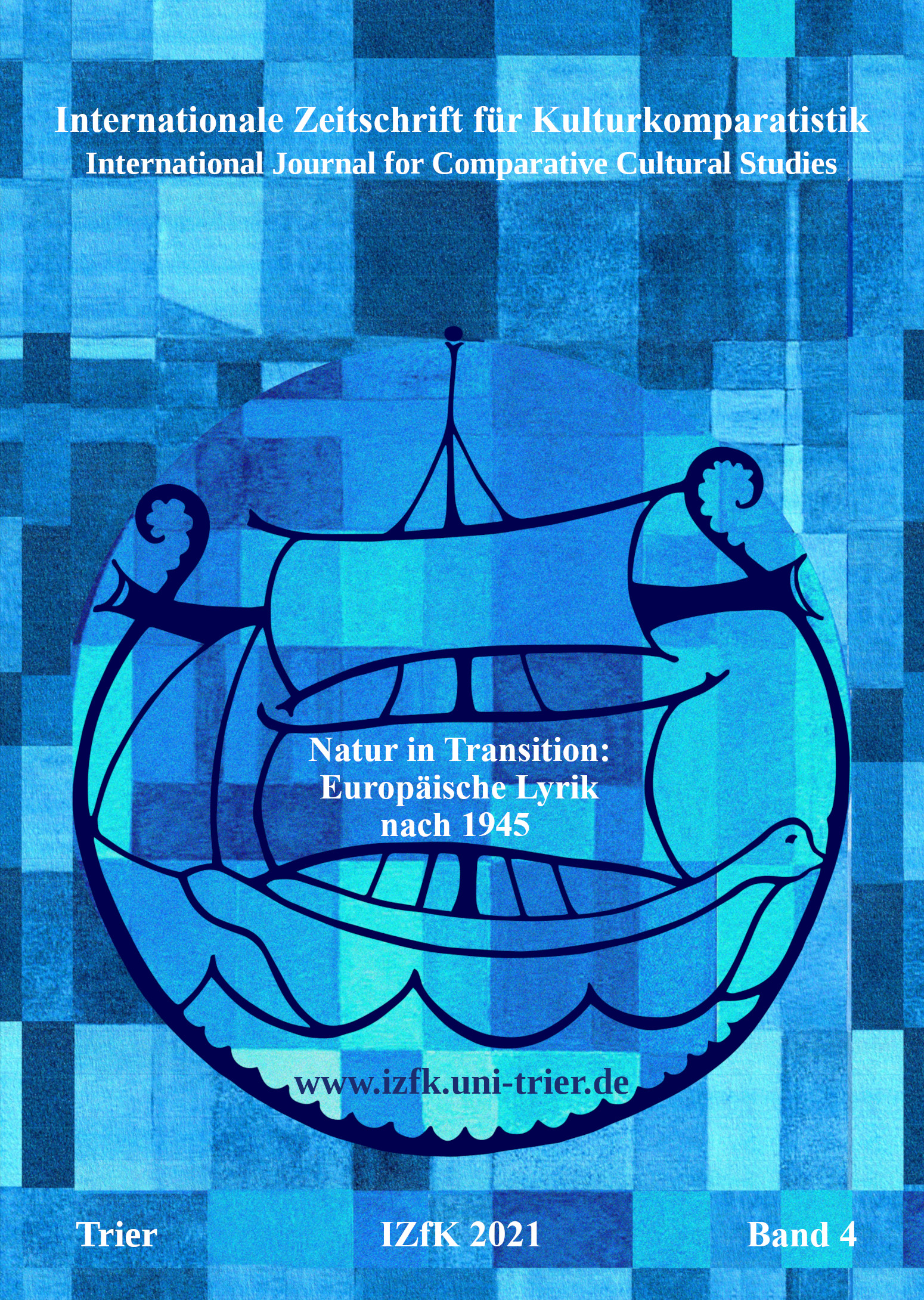Affecting Pastoral Dialogues: An Ecocritical Reading of Seamus Heaney’s Eclogues in “Electric Light” (2001)
Hauptsächlicher Artikelinhalt
Abstract
Pastoral serves as a keyword when understanding Seamus Heaney’s literary production, both in terms of stylistic features and imagery. Although critical attention has focused on the connection between his pastoral works and contemporary Irish politics, the growth of ecocritical scholarship in the last few decades has made evident the importance of broadening such an analytical scope to relationships between humans and the environment while studying this genre. In this alignment, the present essay offers an ecocritical reading of some selected pastoral poems by Heaney, with a specific focus on his revival of the eclogue through the collection “Electric Light” (2001). Precisely, the poems “Virgil: Eclogue IX,” “Bann Valley Eclogue,” and “Glanmore Eclogue” will be read through the innovative perspective offered by the recent engagement of affect theory with ecocriticism: by doing so, I argue that Heaney’s poems can be understood as valuable nature narratives that stress the connectedness between the human and the nonhuman, while resonating with the urgencies posed by the current environmental crisis to re-think more ethical forms of relationships between them. Furthermore, through the lens of econarratology, attention will be paid to the ecological potentials expressed by the formal features of the eclogue: this observation considers, on the one hand, the notion of ‘relationality’ within the practice of the shepherds’ dialogue/singing and, on the other hand, how this literary form stresses the attachment between the human and the environment, both in the real world and in the storyworld. Hence, when exceeding a strictly politically oriented critical analysis of his work, Heaney’s eclogues become visible as compelling ecocritical accounts that favor investigating the role of (pastoral) literature in fostering critical discussions about human/nonhuman ethics as a way to respond to the challenges of the Anthropocene.

